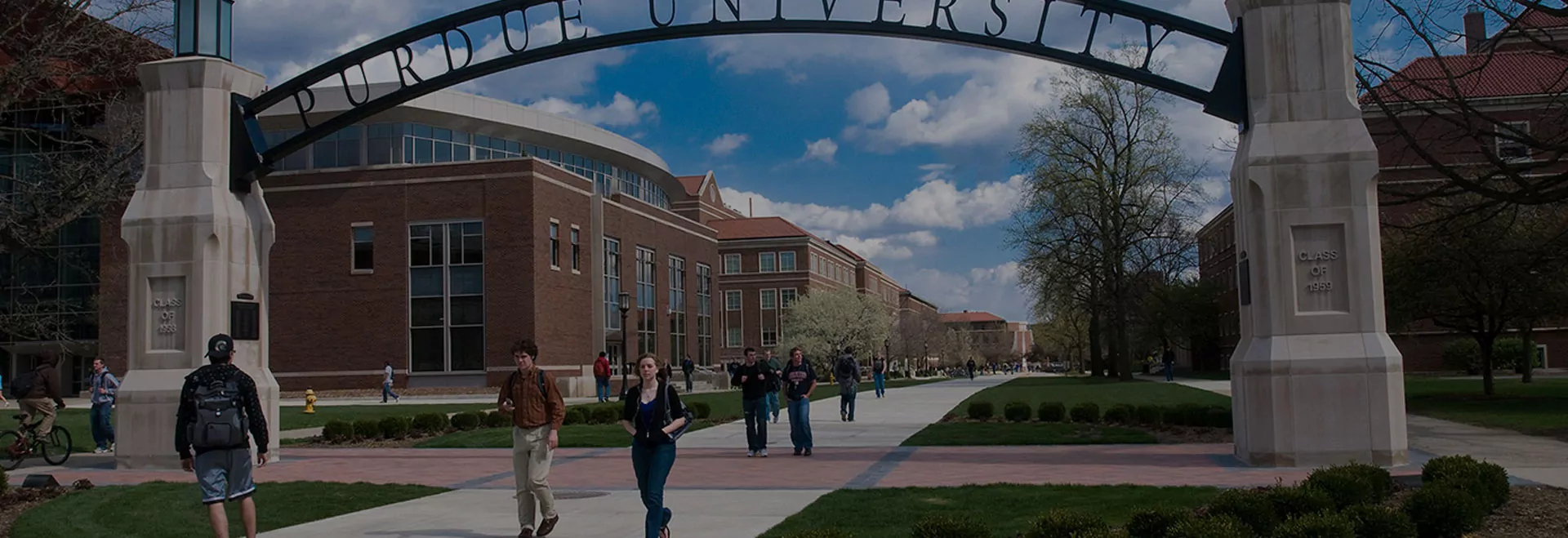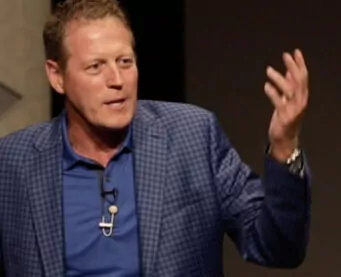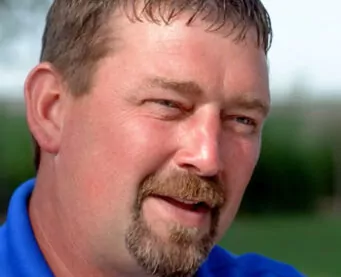Taranis’ Mike DiPaola sits down with Scott Downey, Purdue University, to talk ag technology, sales, and what it takes to truly provide value to a customer in this week’s AcreForward podcast. What we learn is that the agriculture value chain has changed, as have those who make up the links of service within it. True differentiation, Downey tells us, comes from not just knowing your product, but knowing your place in the value chain, knowing your customer, and, most importantly, knowing and having a passion for how you connect to their goals.
Downey holds many accolades as an author, ag economics professor and Director of the prestigious Purdue University Center for Agriculture Business. Downey is quick to share that he “doesn’t fit in anywhere” as a behaviorist, his career pathway didn’t wind through the same channels as most of his colleagues in the ag econ department.
“I spent 15 years in banking before I fell in love with teaching. My dad founded and was one of the first instructors of sales courses in the world. It’s a privilege to be able to continue his legacy and it’s that love and honor that has brought me here, to do what I have done for more than 25 years,” Downey says, adding that today he teaches students from all majors across campus.
With one of the top ag and bioengineering programs in the country, and an incredible top-5 global ranking for the agribusiness program, Downey says that we, in the Midwest, are fortunate to have access to great ag institutions that can educate and disseminate important new technologies. DiPaola concurs, sharing that Purdue was one of the reasons Taranis, as a company, chose to locate its global headquarters in Indiana.
“Of the 40-person faculty in the ag economics department, I am the only one who is a behaviorist. A lot of times when I am in front of an audience, I ask who has a degree in economics – hands raise, and I ask, “What is economics?” and everyone looks at me with a blank stare,” he laughs. “Economics is based on the fundamental principle that humans make rational decisions to maximize utility…the difference in what I do is that behaviorists aren’t bound by humans being rational.”
Downey tells us that his personal and professional mission has been elevating the service component in the sales model, rather than focusing on persuasion and traditional selling tactics—a model DiPaola and the Taranis team is well versed in.
“We focus on the human side of what we do; the service side. We know that the value chain has changed. There are fewer people involved in agriculture and fewer people able and equipped to serve the needs of the rest of the world,” DiPaola says, sharing that the differences that make the ag industry challenging for those not familiar with it also make it special for those who know, understand and are passionate about the industry and what it means for rural communities and our nation, as a whole.
For Downey, those differentiators come down to the most important capital in the ag industry: people.
The decisions that are made, even within very large farming operations are still made by people.
“Relationships are still a fundamental component of what we do in a way that isn’t common to other industries. We are more reliant on one another,” Downey says. “When we think about risk in agriculture, it’s coming from so many different places and our system as a whole has to address and react—every link of the value chain.”
And that risk is truly the differentiator that Taranis is leveraging to help retailers strengthen their relationships with farmers. Ground truthing a retail agronomist’s recommendations and prescriptions to turn data into attribution and proving what does and does not work from the field to the acre to the plant level. The ground truthing, the attribution, is what Downey says will move us forward in agriculture.
“There’s a limit to how much knowledge we can hold in our brains. Data is the input into our ability to understand things so we can talk about them better and do things better—data allows us to attribute more effectively. How do we find the little things; technology gives us the ability to look at those little things together. Humans are visual by nature. Having data isn’t the way that we’ve made decisions in agriculture for millennia, it’s visual and tactile.”



